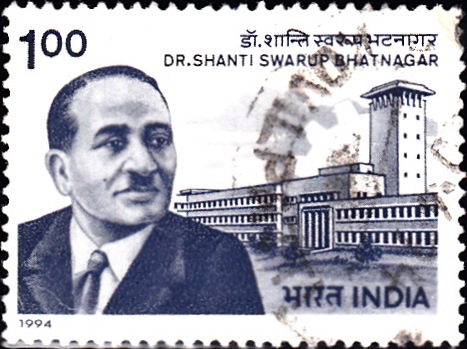
Dr. Shanti Swarup Bhatnagar
A commemorative postage stamp on the Birth Centenary of Sir Shanti Swaroop Bhatnagar, father of research laboratories in India :
 Issued by India
Issued by India
Issued on Feb 21, 1994
Issued for : The Department of Posts is privileged to mark the birth centenary of this great son of India whose contributions enhanced the stature of this country in the world of Science.
Design : The first day cover shows a picture of late Dr. Bhatnagar with Pandit Nehru – a photograph taken in the premises of the National Physical Laboratory.
Credits : The stamp, FDCs and cancellation are based on the material supplied by the sponsors, CSIR, New Delhi.
Type : Stamp, Postal Used
Colour : Single Colour
Denomination : 100 Paise
Overall size : 3.91 x 2.90 cms.
Printing size : 3.55 x 2.54 cms.
Perforation : 13 x 13
Paper : Indigenous Un W/M Adhesive Coated Stamp Paper
Number of stamps Printed : 0.6 Million
Number per issue sheet : 35
Printing Process : Photogravure
Printer : India Security Press
Name : Shanti Swaroop Bhatnagar
Born on Feb 21, 1894 at Bhera, Shahpur District, Punjab, British India
Died on Jan 1, 1955 at New Delhi, India
About :
- Prof. Sir Shanti Swarup Bhatnagar was born on 21 February, 1894 at Bhera in the then undivided State of Punjab. The young Bhatnagar was sent to Lahore for schooling and his literary attainments, particularly in Urdu, were noteworthy. He was also an inquisitive student of science and secured a high school scholarship in an open competition. During these formative years, he became interested in the Brahmo Samaj – a movement originally started by Raja Ram Mohan Roy. As early as 1911, young Bhatnagar published a letter in ‘Leader’, a newspaper then being published at Allahabad on the method of making substitute carbon electrodes for a battery by heating molasses and carbonaceous matter under pressure. Much later, in 1942, he developed a process for carbon electrodes in which indigenous materials were employed to meet the shortage of import during the war.
- While in the University, he distinguished himself in a variety of activities – literary, scientific, dramatic and social. He took his M.Sc. degree in 1919 and was thereafter awarded a scholarship for pursuing his studies abroad. He went to England in 1919, where he did post-graduate research in the University College, London. Young Bhatnagar spent his summer vacation as a research student in institutions in Berlin and Paris and travelled widely in Europe, visiting a number of institutions famous for research work in physical chemistry.
- On his return to India he was appointed Professor of Chemistry in the newly-started Benaras Hindu University and thus began a period of 16 active years of original scientific work. Sir Shanti Swarup Bhatnagar was also an inspiring teacher and his major fields of study were colloid chemistry and magneto-chemistry. He also did considerable work in applied and industrial chemistry for which he had a natural interest from his early student days.
- At the beginning of the Second World War, the Government of India established the Board of Scientific and Industrial Research and Dr. Shanti Swarup Bhatnagar was made its Director. During his stewardship of this organisation, several patents of great importance were developed by him some of the noteworthy being anti-gas cloth and varnish, air-foam solution, vegetable oil blends as lubricants and fuels, unburstable containers, glass substitutes, dehydrated castor oil and plastics from Indian wastes. Sir Shanti Swarup Bhatnagar put his heart and soul in establishing a chain of national laboratories, 12 of which were fully functional by 1955 when he breathed his last. The most notable example of his efforts for improvement of scientific research in India was the establishment of the National Physical Laboratory. He did pioneering work in organising and setting up a number of research establishments in the country.
- A true man of Science, he was also selfless and generous as a human being. He persistently refused to accept financial rewards for himself. He gave away his rich financial rewards to scientific institutions for the development of research. Prof. Shanti Swarup Bhatnagar was knighted in 1941 and was elected to the Honorary Membership of the Society of Chemical Industry, London in 1943. The same year he was elected Fellow of the Royal Society, London. He received a number of honorary degrees from universities in India and abroad and was also honoured with Padma Vibhushan by the Government of India. He was a member of the Atomic Energy Commission of India.


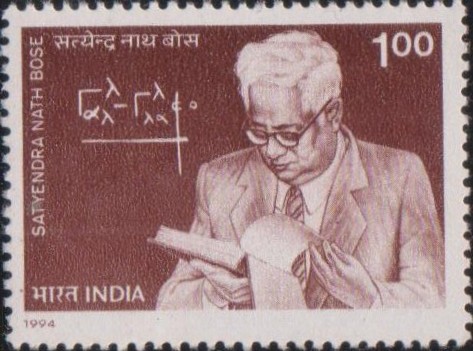

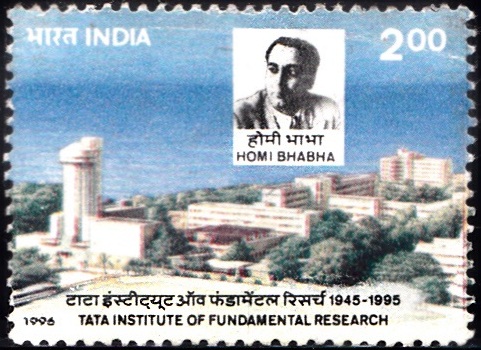
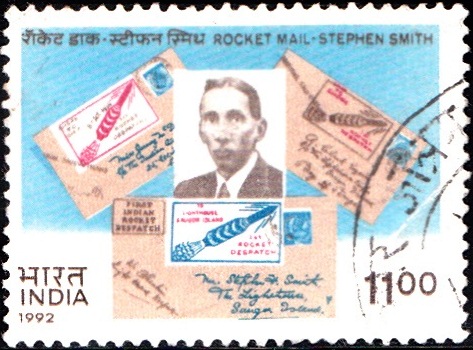
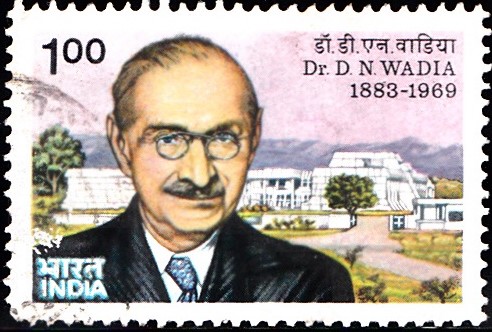
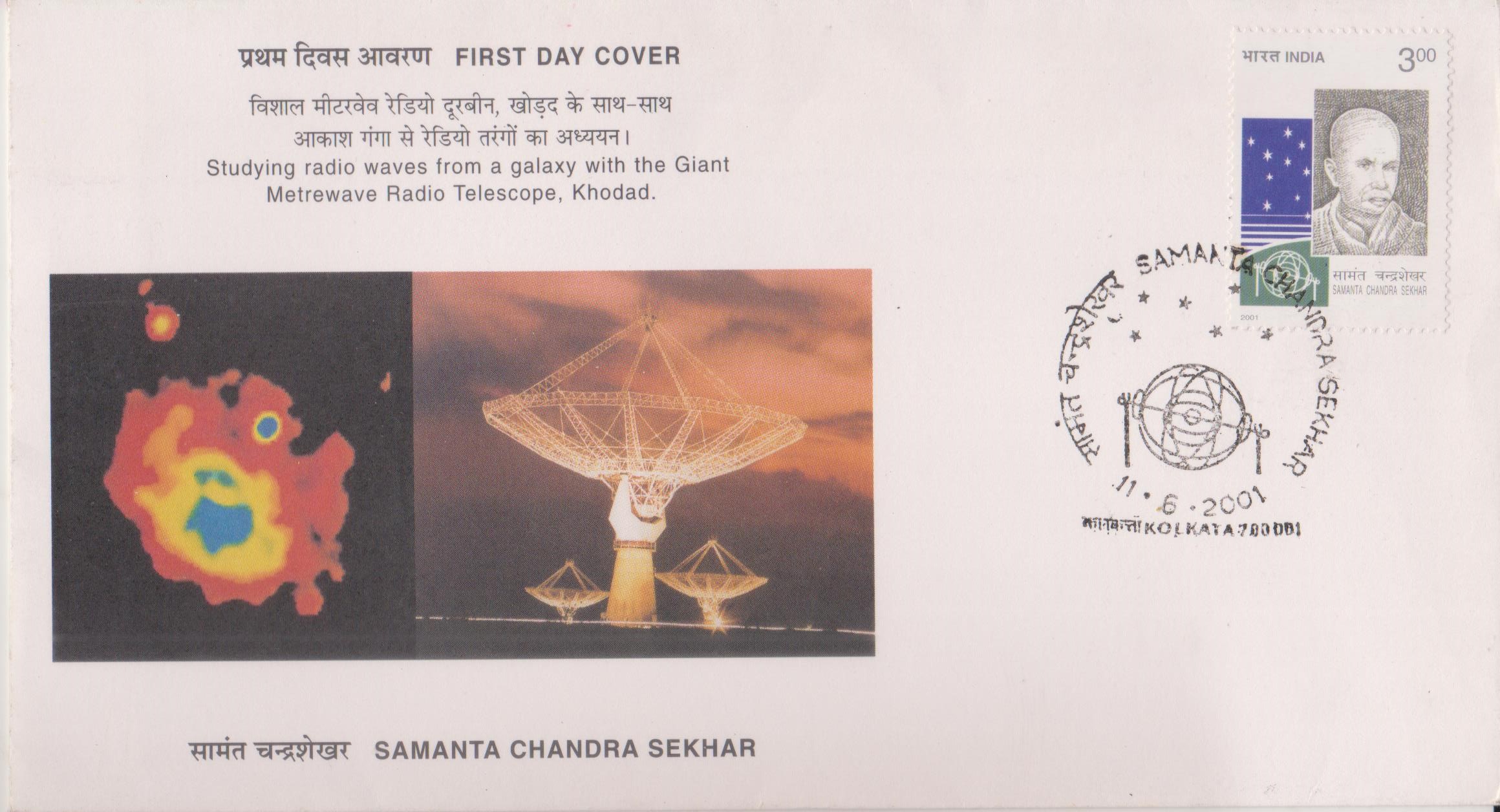
[…] submitted their Ph.D. thesis under his guidance. Punjab University at Lahore, at the behest of Professor S. S. Bhatnagar, was the first in the country to start an integrated course in its science departments in the form […]